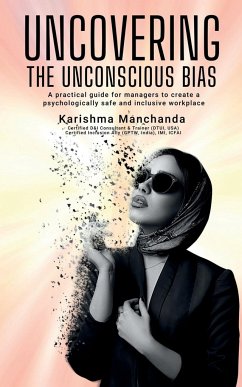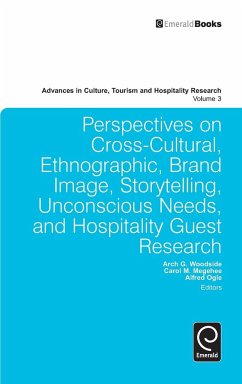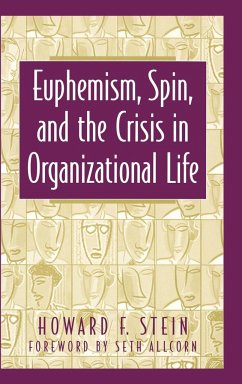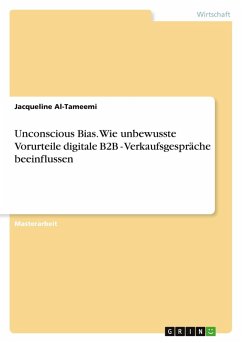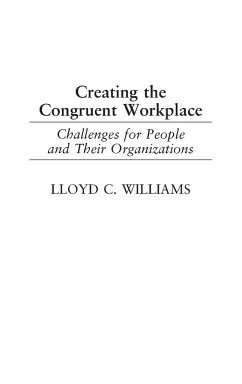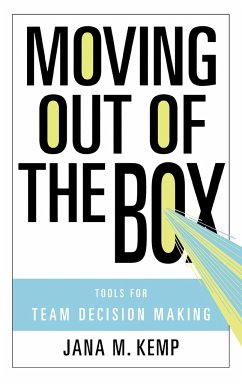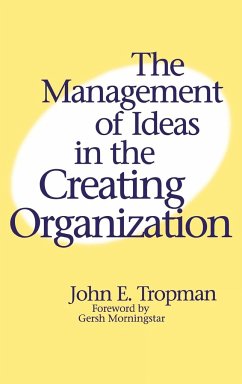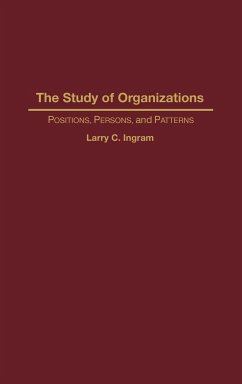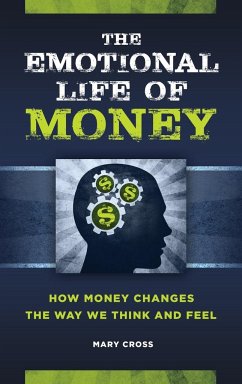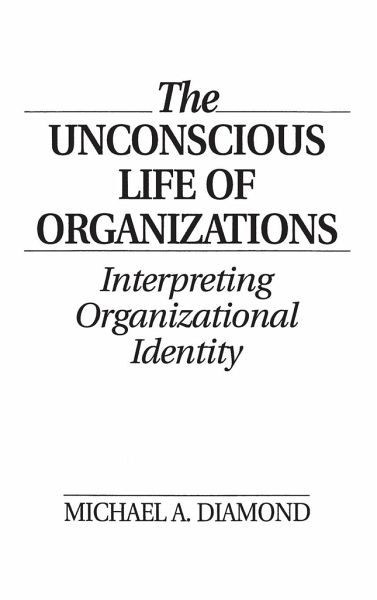
The Unconscious Life of Organizations
Interpreting Organizational Identity
Versandkostenfrei!
Versandfertig in 1-2 Wochen
88,99 €
inkl. MwSt.

PAYBACK Punkte
44 °P sammeln!
This book offers a contemporary psychodynamic view of organizational life. Michael Diamond stresses the unconscious dimensions of hierarchic and other work relationships in organizations. From these relationships, he argues, come not only organizational cultures but also organizational identities. The book transcends the common technical rational approach to organizational behavior by isolating and then analyzing the nonrational side of organizational experience. Diamond illustrates how different characteristics of organizational life emerge from the dynamics of shared and projected emotions b...
This book offers a contemporary psychodynamic view of organizational life. Michael Diamond stresses the unconscious dimensions of hierarchic and other work relationships in organizations. From these relationships, he argues, come not only organizational cultures but also organizational identities. The book transcends the common technical rational approach to organizational behavior by isolating and then analyzing the nonrational side of organizational experience. Diamond illustrates how different characteristics of organizational life emerge from the dynamics of shared and projected emotions between leaders and followers, managers and subordinates, and among workers. The author suggests that these complementary unconscious feelings anchor the definition of organizational membership in interpersonal relationships at work. The result is, what he calls, the emotionally grounded structure of organizations--the organizational identity. What distinguishes this book from other psychodynamic approaches to organizations are the following: (1) an up-to-date synthesis of object relations, self psychology, and interpersonal psychoanalysis based primarily but not exclusively on the work of Melanie Klein, Donald Winnicott, Heinz Kohut and Harry Stack Sullivan; (2) a discussion of psychoanalytic organization theory and the application of psychodynamic concepts in organizational behavior; (3) a psychodynamic critique of organizational culture, the structure of values and rituals at work, and the introduction of the structure of organizational emotions, what the author calls organizational identity; (4) a psychoanalytic explanation and typology of regressive behavior in work groups; (5) a discussion and illustration of the role of language and communication in organizational consulting; and (6) a variety of case studies drawn from over ten years of organizational research and consulting. Finally, this book offers the organizational theorist and consultant a variety of psychodynamic tools to apply in understanding and positively changing organizations. This book will be of interest to organizational development consultants, human resource professionals, organizational theorists and researchers, organizational psychologists and psychodynamically oriented social and behavioral scientists, and psychologically informed managers and executives.





